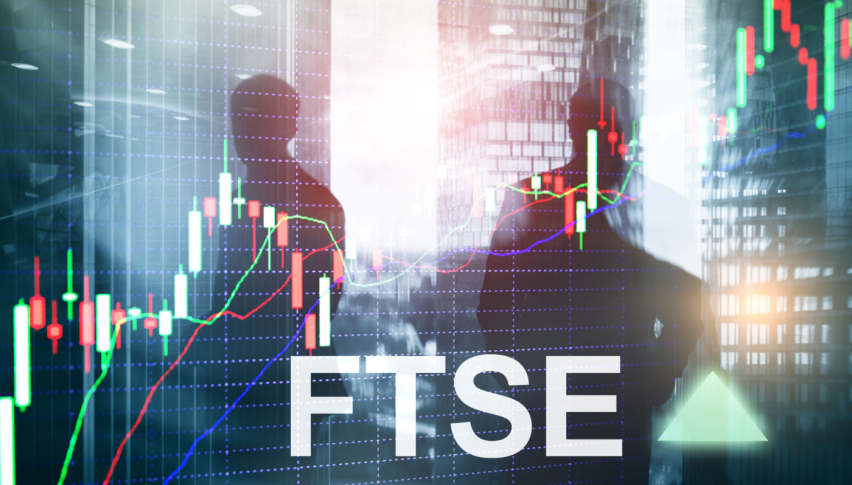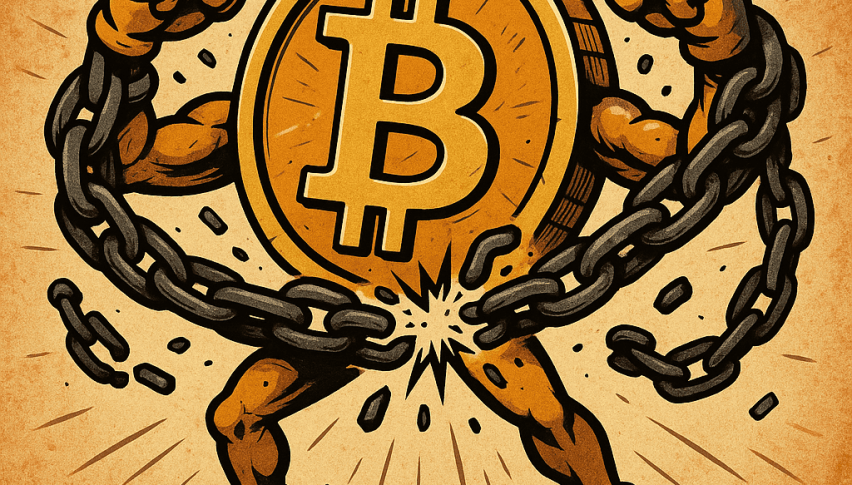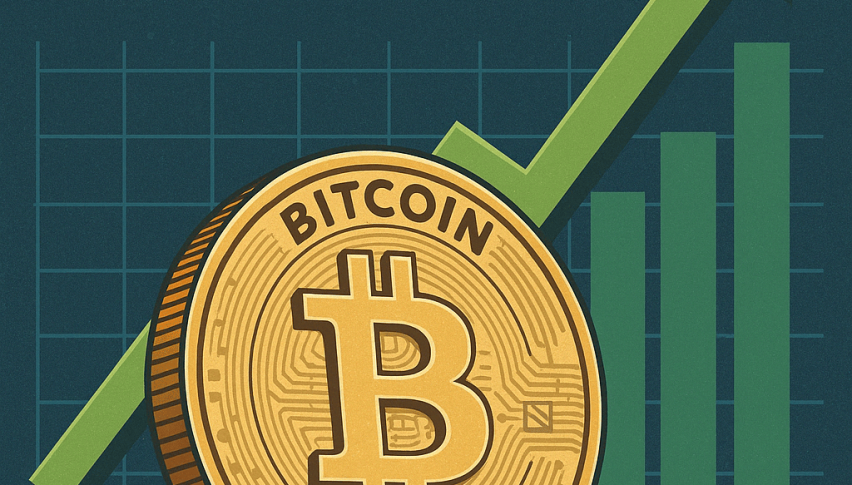FTSE 100 and DAX Reach Milestones as European Rate Cuts Boost Market Confidence
London's FTSE 100 rose to a five-month high on Thursday after a second day of advances, as European interest rates were slashed for the second time in a row.

London’s FTSE 100 rose to a five-month high on Thursday after a second day of advances, as European interest rates were slashed for the second time in a row.
The European Central Bank cut interest rates for the third time this year in a nod to sluggish economic growth, some softening in an otherwise rock-solid labor market and easing consumer price pressures https://t.co/Urb8e5uNkj pic.twitter.com/26M2Ny8UYz
— Reuters Business (@ReutersBiz) October 17, 2024
The index increased 56.06 points, or 0.67%, to 8,385.13, its highest close since May 21. The domestically focused FTSE 250 index (.FTMC) rose 0.6% to a more than two-week high.
London-listed precious metal miners Hochschild Mining (HOCM.L) and Centamin (CEY.L) climbed 9.4% and 4.6%, respectively, as gold prices reached a record high in anticipation of further Fed rate cuts.
Rentokil Initial (RTO.L), rose 8.8% after announcing the departure of its North America finance chief and the appointment of a new chief marketing officer and chief operating officer. That helped to offset disappointment over a profit warning.
Anglo American surged 77.5% to 2,337.5p, Melrose Industries 17.3% to 448.8p, Rentokil 29.9% to 371p, Informa 31.8p to 841p, Barclays 8.05p to 245.1p, and Anglo American 29.9p to 371p were the top performance on the FTSE 100.
Mondi with a decline of103.5p to 1,286.5p, Rio Tinto 93p to 4,946p, United Utilities 20.5p to 1,085.5p, Persimmon 31.5p to 1,688.5p, and Smiths Group 29p to 1,626p were the FTSE 100 companies with the largest falls.
FTSE 100 Set to Dip After Two Strong Sessions, Momentum Slows
Two solid sessions sent London’s top flight to its highest level since May, but now the FTSE 100 index’s momentum is about to wane.
When trading starts this morning, the FTSE 100 is expected 13 points lower at 8372, having risen by 0.7% at last night’s closing bell.
Before a slew of foreign updates from companies like American Express (NYSE:AXP, ETR:AEC1), Procter & Gamble (NYSE:PG, ETR:PRG), and Schlumberger NV (NYSE:SLB) later on Friday, the reporting front was supposed to be relatively quiet. In London, retail sales numbers were expected to take centre stage.
Retail sales rose 0.3% in September 2024, following a rise of 1.0% in August 2024.
Computers and telecoms stores grew strongly but were partly offset by falls in supermarkets.
Read more ➡️ https://t.co/jP5Yn4lRHs pic.twitter.com/47ckvVvmsF
— Office for National Statistics (ONS) (@ONS) October 18, 2024
ECB Lowers Interest Rate, Citing Slowing Eurozone Economy and Disinflation Progress
In Frankfurt, the European Central Bank (ECB) reduced its headline interest rate by 0.25 percentage points to 3.25%, the second drop in a row and the third of 2024.
The ECB stated that it was confident in continuing to decrease interest rates because the “disinflationary process is well on track” and economic statistics continued to decline.
Experts said the central bank had also taken note of mounting indicators that economic development in the eurozone is slowing.
⚠️EURO AREA ECONOMIC STAGNATION IS STAGGERING⚠️
Eurozone retail sales (nominal, not inflation-adjusted) have declined by ~3% over the last 3 years and materially diverged from its pre-pandemic trend.
A key metric of consumer demand is extremely weak.👇https://t.co/OAcZin3kbe
— Global Markets Investor (@GlobalMktObserv) October 18, 2024
The data suggests that manufacturing weakness has been an element of the economy for over a year, but what has gotten more evident in the past few months is the slowing in the services sector and household consumption in general, which the ECB noted had been weaker than expected. Apparently, ECB remained “tight-lipped” about its exact policy path, with no indication of whether it will begin a faster pace of rate cuts.
DAX Surges to Record High, Closes at 19,583 Amid Strong Corporate Gains and ECB Rate Cut Expectations
The DAX recovered a 0.27% deficit from the previous session and closed at 19,583 on Thursday, October 17, a rise of 0.77%. A record high of 19,675 was reached by the DAX, which is a major development.
Thursday was a really good day for a number of companies listed on the DAX. On the back of stronger-than-expected order intakes, Sartorius AG’s stock soared 16.45%, and Merck’s stock rose 7.56 percent.
In reaction to the ECB rate cut and December projection, Siemens AG (+1.81%), Airbus Group (+3.84%), and Siemens Energy AG (+4.20%) all saw increases. Demand for DAX-listed stocks was boosted by expectations of a 25-basis-point ECB rate drop in December and signs of a soft Eurozone landing.
On Friday, German stock market investors will likely relax following the previous day’s record-breaking DAX close of over 19,675 points. With a rise of 0.068%, the DAX is trading at 19,596.76 as the day begins on Friday.
- Check out our free forex signals
- Follow the top economic events on FX Leaders economic calendar
- Trade better, discover more Forex Trading Strategies
- Open a FREE Trading Account



